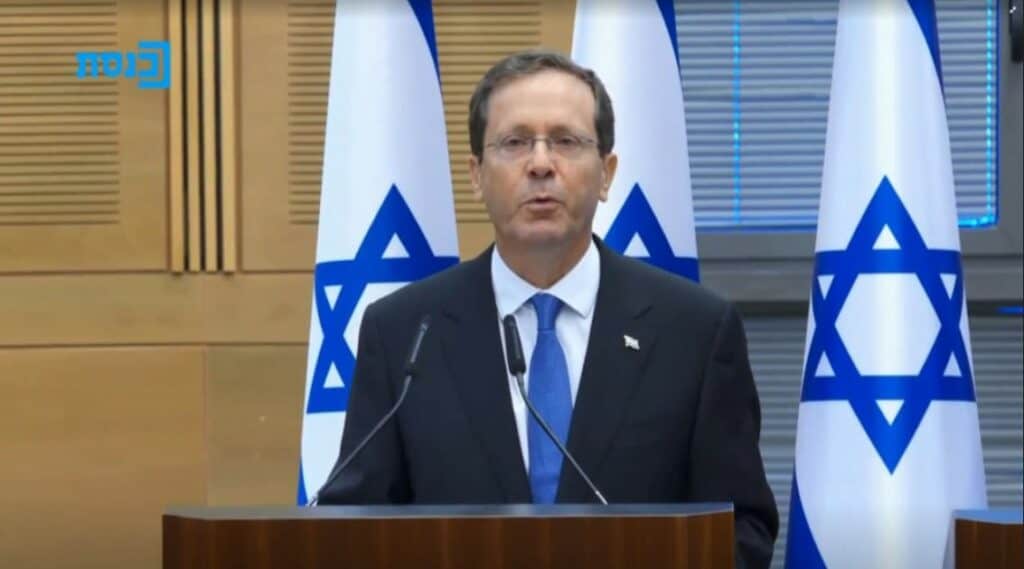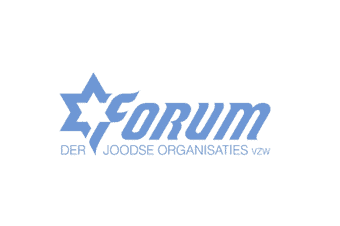Every Day during the Corona crisis our Advisory Board Member Chief Rabbi Binyomin Jacobs (NL) writes a diary, on request of the Jewish Cultural Quarter in Amsterdam, which is published on the website of the NIW, the only Jewish Dutch Magazine. Rabbi Jacobs is the head of Inter Governmental Relationships at the Rabbinical Centre of Europe. We will be regularly publishing a selection of his informative, sometimes light hearted, but always wise pieces.
For our Dutch readers you can follow the diary every day at NIW home page: https://niw.nl
9½ = 4
A few days ago, I received a phone call from Israel from M who claimed he was many years ago in school with one of my children. He was not the brightest of the class, but he always received high marks for Jewish subjects due to his diligence and good behavior. He called me to wish me many more years because of Sjawoe’ot and proudly informed me that he has recently obtained his education diploma and now supervises children with learning disabilities. I remember being shocked at the time that one of the mothers told me that M’s 9½ should actually have been a 4 and not comparable to her son’s 8.
There is no doubt that Torah study is of mayor importance. After all, we Jews are the People of the Book, of “learning”, daily and through the ages. And yet Judaism is not about the acquired knowledge. Judaism is not science, and “learning” is not studying. A high level of knowledge is not a proof of a high level of commitment.
When traveling on a train journey we know beforehand what station we want to step out. And when we leave the train, it’s visible to everybody what the destination was.
That too is the way a good book works. In the title of the book, the beginning, in fact, the entire content is included. And at the very end, in the last sentence or in the last word, the conclusion becomes clear and visible.
The Torah starts with the history of Creation. And our great explainer Rasjie asks an obvious question: Why does the Torah starts with the story of Creation? The Five Books of Moses are primarily intended for the Jewish People and we can only speak of the Jewish People after the Exodus from Egypt when the Torah was received on Mount Sinai. Wouldn’t it have made more sense if the Torah had started with this episode and not with the creation of the world? And Rasjie answers his own question as follows: before we start studying the Torah, we must realize and accept that there is a Creator!
The last sentence of the whole Thora tells us how Moshe broke the stone Tablets of the Ten Commandments and G’d is grateful to him for that deed! Isn’t that strange! Is this the most suitable sentence to finish the Thora? And what was the course of Moshe breaking the Tablets which were literally a gift from Heaven? When Moshe saw that the Jews, his people, had forgotten G’d and worshiped the Golden Calf, shouldn’t he better have put aside the Tablets, go to his people and addressed them admonishing and then took back the Tablets. Why smash them? And why was G’d so pleased with Moshe’s destructive act?
And again, the same answer as to the question about the story of Creation: if the Jews no longer wanted to follow Hashem our G’d Who brought them out of Egypt and instead focused on idolatry, the Torah became totally worthless and the Tablets had nothing left to offer.
The Torah is not a goal, but a means. The means to serve G’d and survive as a Jewish nation. And that’s why the Torah starts and ends with that thought.
If we are aware that the Torah is the means, then we can start “learning”. And it is not about the
9½ or the 4, not about a high or a low IQ. It is about commitment, real piety and sincerity. Torah is a means, and those who see Torah as the goal they better go to study something else.
Many good, prosperous and healthy years
גוט יום טוב
Binyomin Jacobs, chief rabbi
Sjawoe’ot 5781
“El objetivo de este informe es tomar los excelentes datos que ya tenemos sobre cómo se sienten los judíos, sobre qué tan prevalente es el antisemitismo, y combinarlos con las políticas gubernamentales medibles”, dijo Staetsky durante una conferencia celebrada por la Asociación Judía Europea en Budapest.












